
A woman writes about the difficulty of her sister’s cancer diagnosis and how it impacted her personal life.

A woman writes about the difficulty of her sister’s cancer diagnosis and how it impacted her personal life.

Cancer survivors share a unique connection. In this post, a survivor writes about meeting a stranger with stage 4 cancer who had an incredible impact on him.

A cancer survivor describes the agony of experiencing side effects that never go away and how she lives with them.
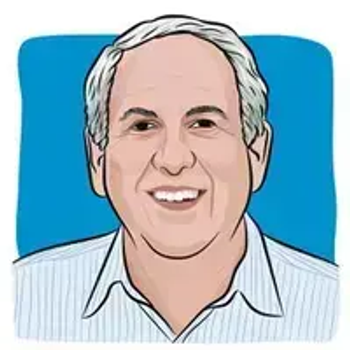
A patient with pancreatic cancer discusses how far words of kindness can go to individuals dealing with pain and suffering.

“I like to think the people of Bodie counted every day and made every day count, as hard as their lives were, reminding me to do the same,” writes a woman with metastatic breast cancer about her visit to Bodie State Historic Park.

A caregiver discusses her wishes for a woman who was recently diagnosed with metastatic breast cancer. “Most of all I wish that time will stand still for her, so that she can crawl into bed with her children and hold them as long as she wants to, feeling their bodies curl into hers as they sleep,” she writes.

Fitting at least one relaxing, positive moment into your schedule each day has the potential to improve your overall well-being, explains one cancer survivor.

A survivor describes the small joys in life and how she avoids letting cancer get in the way.

“When I walk into the doctor’s office and the question is asked ‘What are you coming in for today?’ My answer is ‘survivorship,’” writes a four-time cancer survivor about the difficulties of living with a history of complex health issues.
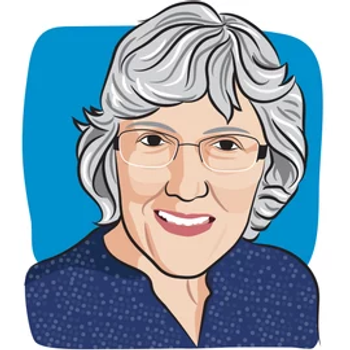
There’s been joy in the journey, along with the drugs, the endless waiting in chilly waiting rooms, the lab work, shaving my head twice, the CT scans every three months and the steady hum of anxiety in my brain. The time with my husband, kids and grandkids has made it worth every minute of cancer treatment. Bring it on, cancer.
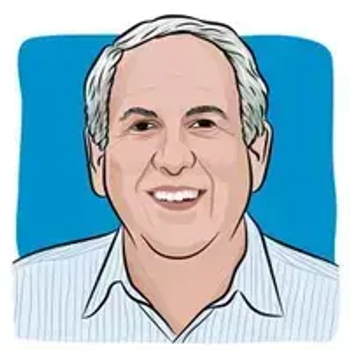
How is the COVID-19 pandemic similar to cancer? A survivor of pancreatic cancer shares his viewpoint.

After her sister's cancer recurrence, a woman explains her choice not to assume the caregiver role this time around. "While my sister battles cancer this time, I will be her sister," she writes.
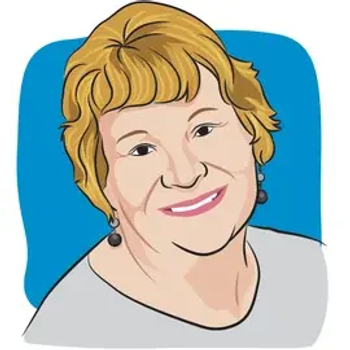
A cancer survivor describes the mixed emotions she feels while in remission.

A four-time cancer survivor shares the advice her father gave her as a young child during her first journey with cancer. The words he uttered made her shift how she has looked at life.

A woman shares her thoughts on the number of oral medications she's taken to treat her metastatic breast cancer.

A woman living with Lynch syndrome discusses the importance of preventive strategies.

A woman writes about how being labeled a ‘cancer patient’ gives her a feeling of lost identity.

A breast cancer survivor lists 5 steps that she will take to get her health back on track.

A caregiver writes about her daughter’s breast cancer odds. “One of the most difficult things I deal with on a daily basis is realizing that I didn’t have to say goodbye to my child because of luck,” she writes.

A survivor makes a comparison between cancer and a game. "Our bodies are the box the game comes in. How we deal with our cancer is the game we play," she writes.

A woman living with metastatic breast cancer writes a poem about her reality.

Our first imperative as cancer survivors is to travel on a journey of wellness and peace of mind, not fear and stress.

A survivor writes about the experience of being diagnosed with cancer and understanding his odds of survival.
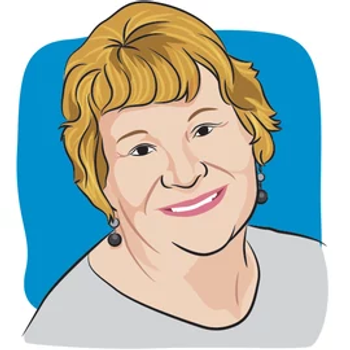
A cancer survivor writes about the ever-changing waves of grief.

“There is every reason sunscreen can be promoted on what it does in its ability to reduce your risk of skin cancers over its cosmetic application to prevent the signs of aging,” writes a melanoma survivor.

An ovarian cancer survivor shares her experience receiving a radiation treatment on her lymph nodes.

“Each of us has our own way of marking what cancer brings to our lives, sometimes in a simple three-letter word,” writes a woman with breast cancer.

A survivor of prostate cancer celebrates the news that his cancer has not spread and describes how remission has made him feel.

“My stories are my trail of crumbs leading back to my heart and my innermost thoughts,” writes a woman living with metastatic breast cancer.
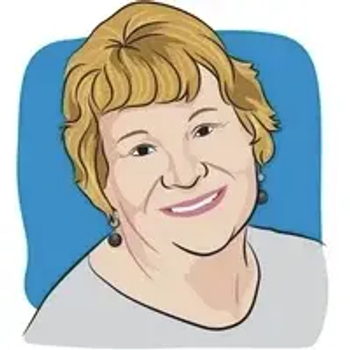
A cancer survivor shares the valuable lessons she learned from the COVID-19 pandemic, almost six months after receiving her vaccination.